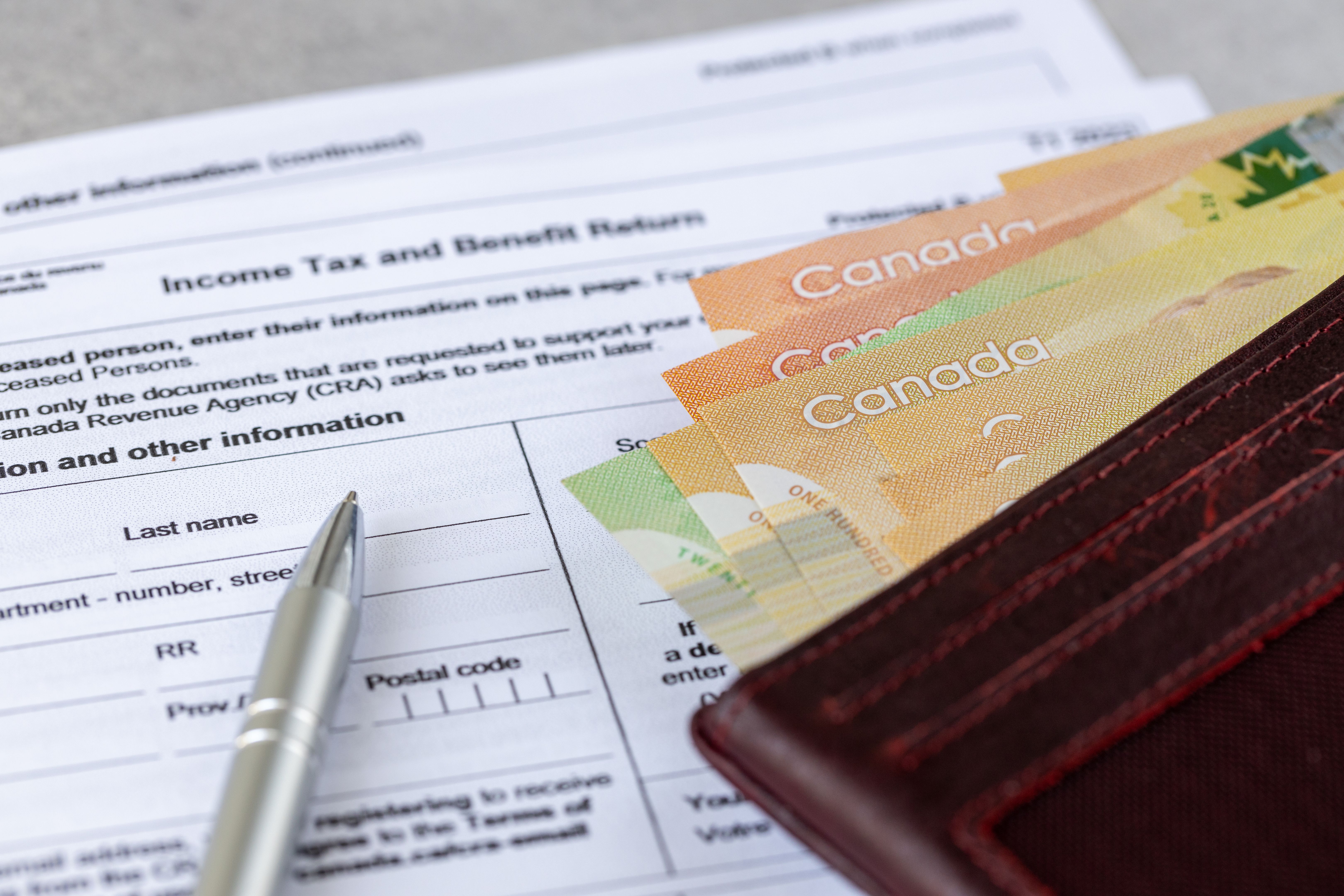DIY Bookkeeping for Freelancers: A Simple Guide
Getting Started with DIY Bookkeeping
Freelancing offers unparalleled freedom and flexibility, but it also comes with its own set of challenges, one of which is managing your finances. Bookkeeping might seem daunting at first, but with a little guidance and discipline, you can efficiently handle it yourself. This guide will walk you through the essentials of DIY bookkeeping, ensuring that your financial records are accurate and up-to-date.

Why Bookkeeping Matters
Proper bookkeeping is crucial for understanding your business's financial health. It helps you track income and expenses, make informed financial decisions, and prepare for tax season. By maintaining accurate records, you not only comply with legal requirements but also gain insights into where your business stands and how it can grow.
Moreover, when you have organised financial data, you can easily spot trends, identify areas for improvement, and strategize for the future. This proactive approach can save you time and money in the long run.
Essential Tools for Bookkeeping
Before diving into bookkeeping, it's essential to equip yourself with the right tools. There are several software options available that cater to freelancers, such as Xero,QuickBooks, FreshBooks, and Wave. These platforms offer user-friendly interfaces and features tailored to small business needs.

Alternatively, if you prefer a more hands-on approach, a simple spreadsheet can suffice. Tools like Microsoft Excel or Google Sheets allow you to customize your bookkeeping process to your specific requirements. Whichever option you choose, consistency is key.
Setting Up Your Financial Records
Begin by creating a separate bank account for your freelance business. This separation simplifies tracking and ensures that your personal and business finances don't mix. Next, categorize your income and expenses. Common categories include:
- Income: Payments from clients, royalties
- Expenses: Office supplies, travel costs, software subscriptions
- Taxes: Estimated quarterly tax payments

Tracking Income and Expenses
Regularly updating your records is crucial. Set aside time each week to log new transactions. This habit prevents errors and ensures you're always aware of your financial standing. For each transaction, record the date, amount, category, and a brief description.
Automating this process can save time. Many bookkeeping software options allow you to link your bank account directly, automatically importing and categorizing transactions. However, it's still important to review these entries for accuracy.
Preparing for Tax Season
Come tax season, having organised books will make the process significantly smoother. You'll need to report your income and claim any applicable deductions. Common deductions for freelancers include home office expenses, professional development costs, and business-related travel.
Consider consulting a tax professional to ensure you're taking advantage of all possible deductions and staying compliant with tax laws. They can provide valuable advice tailored to your specific situation.

Regularly Reviewing Your Finances
A monthly review of your financial records helps maintain accuracy and allows you to adjust your budget or strategy as needed. During this review, reconcile your bank statements with your bookkeeping records to catch any discrepancies early.
This regular assessment not only aids in financial planning but also in setting realistic goals for your business. Whether it's increasing revenue or reducing expenses, having a clear picture of your finances is empowering.
The Benefits of DIY Bookkeeping
While DIY bookkeeping requires effort and discipline, the benefits are significant. You'll gain a deeper understanding of your business finances, enhance your decision-making skills, and potentially save on accounting costs. Embrace this opportunity to take control of your financial future.
